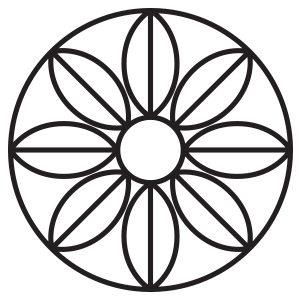DA DI ROAST
In Da Di Coffee Roastery, we use Arabica beans for roasting. Let us introduce you to our House Blends.
Da Di Hu is a blend of Arabica beans from Columbia (70%) and Brazil (30%). The Columbia coffee beans are natural processed while Brazil coffee beans are washed. The blend of both Arabica beans created a perfect nutty taste, with strong body and aftertaste.
Da Di Mo is a blend of Arabica beans from Columbia (70%) and Ethiopia (30%). Both the beans are washed processed and hence, it will be lighter-bodied and have smoother, calmer taste.
If you are confused with all the info above, here’s some facts about Arabica to enlighten you.
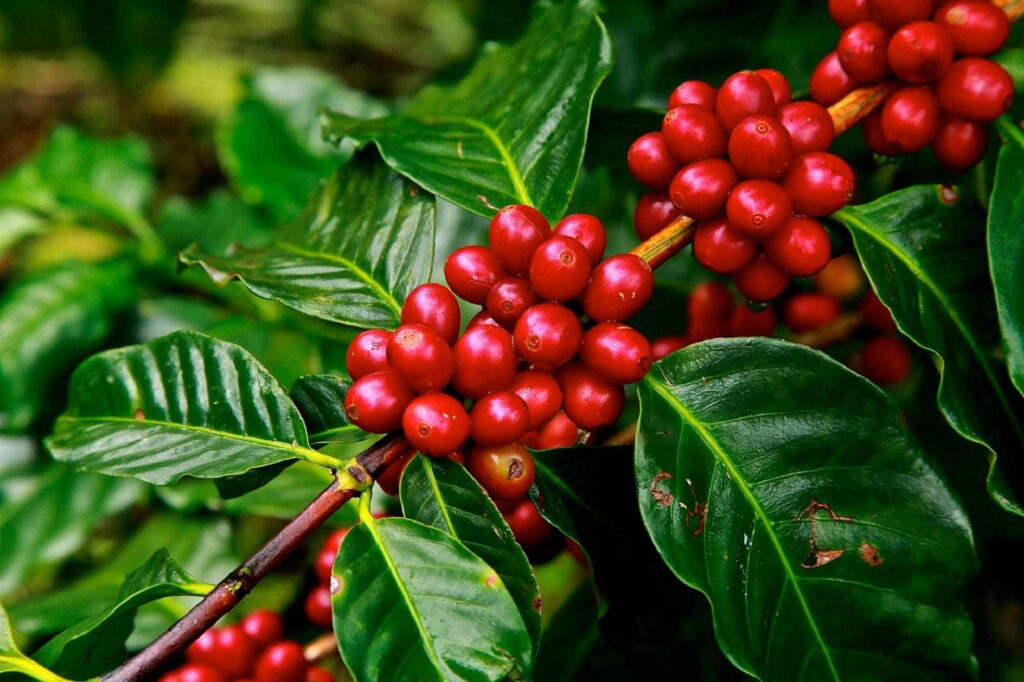
Arabica originated in the southwestern highlands of Ethiopia and now the coffee plants are mostly cultivated in South America, Central America, Africa, Asia including Yemen and India. When compared with Robusta, Arabica is more expensive to produce due to these reasons:
- Arabica is more vulnerable to pests
- Arabica is more prone to coffee diseases, such as leaf rust
- Arabica is more sensitive to temperature and handling
However, Arabica beans are still our first choice. It is generally more flavorful than the other beans, with smoother and sweeter taste, and the caffeine content of Arabica is about 1.5% only, which is roughly half of Robusta coffee beans!
Besides Arabica beans, we are working on introducing our locally grown coffee bean – Liberica coffee to more coffee lovers around the world! Liberica coffee was brought by British 500 years ago. Now, it has become the major coffee plantation in Malaysia.
Liberica coffee plant is much stronger plant when compares to Arabica coffee plant, as it is very resistant to diseases and able to plant in low altitude. It’s said to have a more floral and fruity aroma, with long but clean aftertaste!
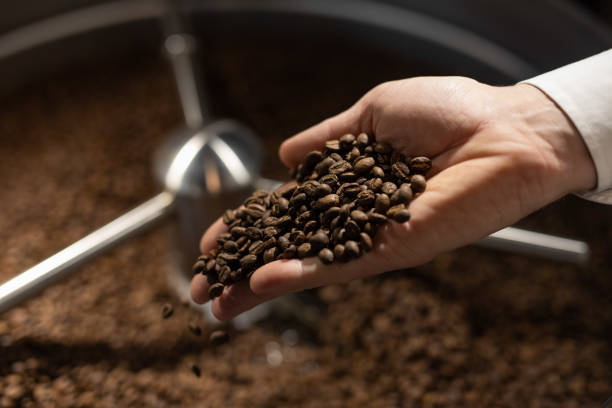
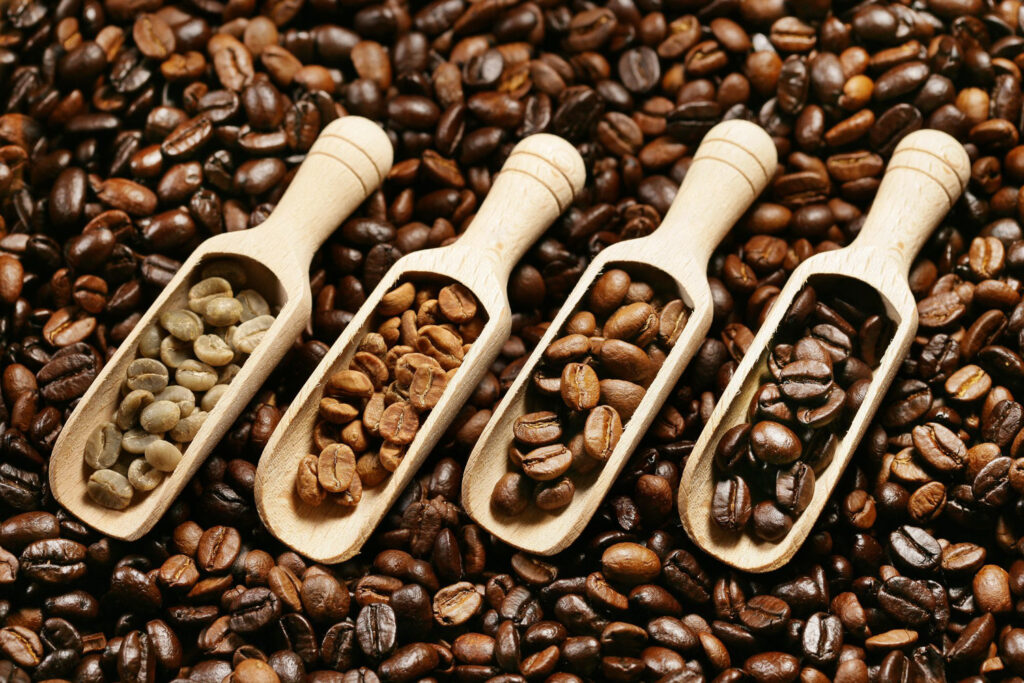
Do you know? Green coffee beans do not smell like coffee at all! The taste and aroma of coffee beans are formed through roasting process. It is similar to how a clothing dryer works. The green beans are charged into the roasting machine and they will be tossed and heat up to certain temperatures, depending on the roast profiling by the roasters.
Coffee goes through two “cracks” when roasting. It’s a popping noise that occurs as each bean expands under the pressure. The “first crack” is the moment when coffee beans approach edibility. As we all know, coffee beans have 3 roasting levels – light roast, medium roast, and dark roast. You will get light and medium roasts somewhere between the first and second crack, and dark roast is mostly after second crack.
Each coffee has a precise final temperature and time of roasting. The roaster’s experiences and insights play a crucial role in making all these decisions. And yes, it is our pleasure to get a skillful roaster on board!
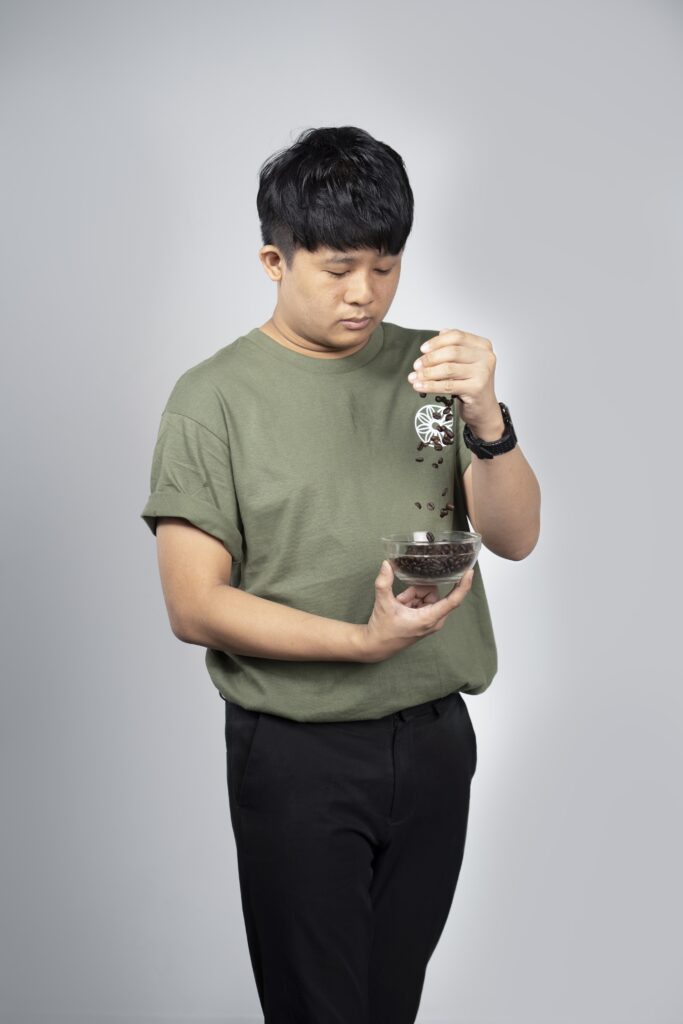
Meet our Da Di Coffee Roasters: Jason
Jason Yap
Jason is a barista with 7 years of experience. He spent a year in learning coffee roasting skills. His coffee journey started after having a cup of hand brew coffee from an unknown place. He was amazed with the taste of that cup of hand brew and he wondered how it was made. Hence, he started learning about coffee until now. Jason had also participated in a few competitions over the years, such as the PCA Brewers Cup Malaysia in 2018 and a local brewing knockout tournament in 2017. His goal is to keep roasting until the beans he roasts are well recognized by the world.
